Why is Food Science Important: The Ultimate Guide to The Food Science Industry
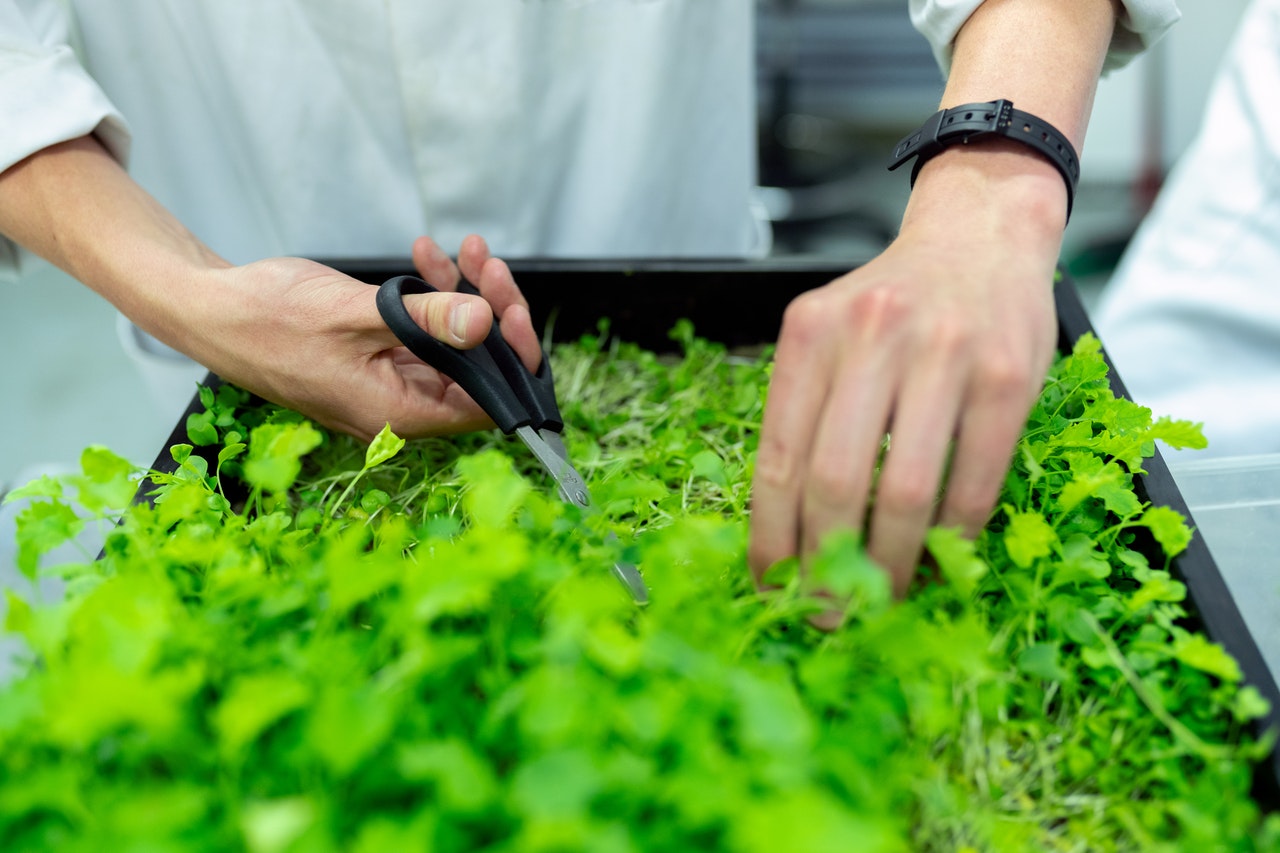
Food science is a broad industry that is necessary in the modern world. As the demand for specific recipes and food items, such as low fat, low carbohydrate, low sugar grows, the food science industry continues to expand.
We’ll break down food science for you, including what it is, why food science is important, and how to start a career in the industry.
Looking for something specific? Jump to section:
- What is Food Science?
- The Future of Food Science
- Why Study Food Science?
- A Career in Food Science
- How to Get Started in Studying Food Science?
What is Food Science?
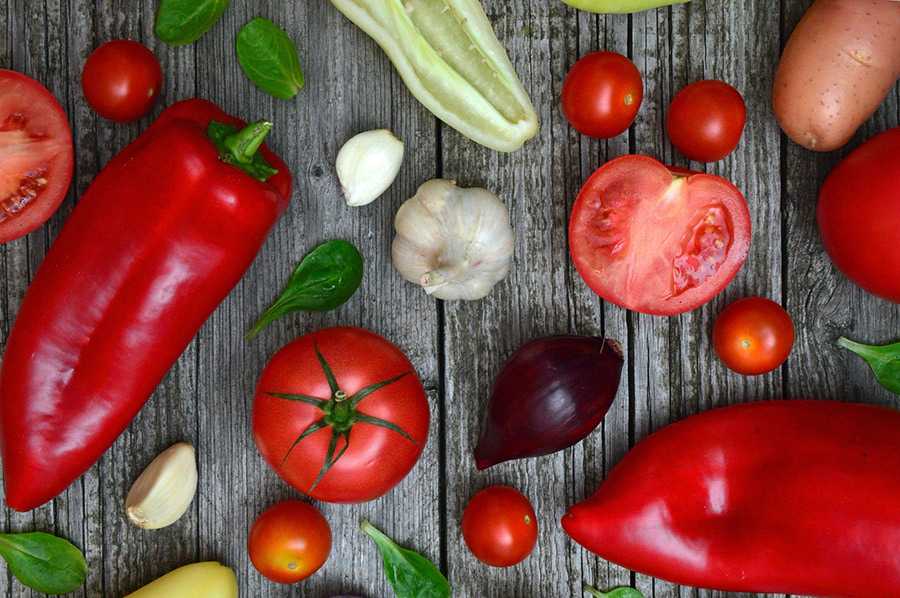
Food science is the broad-ranging field of science used to better understand and solve real-world problems surrounding the complex food system. The entire industry of food science includes biochemistry, chemistry, nutrition, microbiology, and even engineering. At its core, food science studies the general makeup of food. Scientists need to understand basic nutrition concepts, such as carbohydrates, fats, protein, and water to better understand how they react with one another when they’re processed or preserved.
In food science, researchers work to research and analyse multiple methods of processing and preservation. This includes drying, freezing, pasteurizing, and canning, just to name a few. In doing so, scientists are better able to produce quality control methods. Microbiology and safety aspects of food need to be understood, as well. Eventually, the food products developed will be put on the market so the average grocery shopper can consume them.
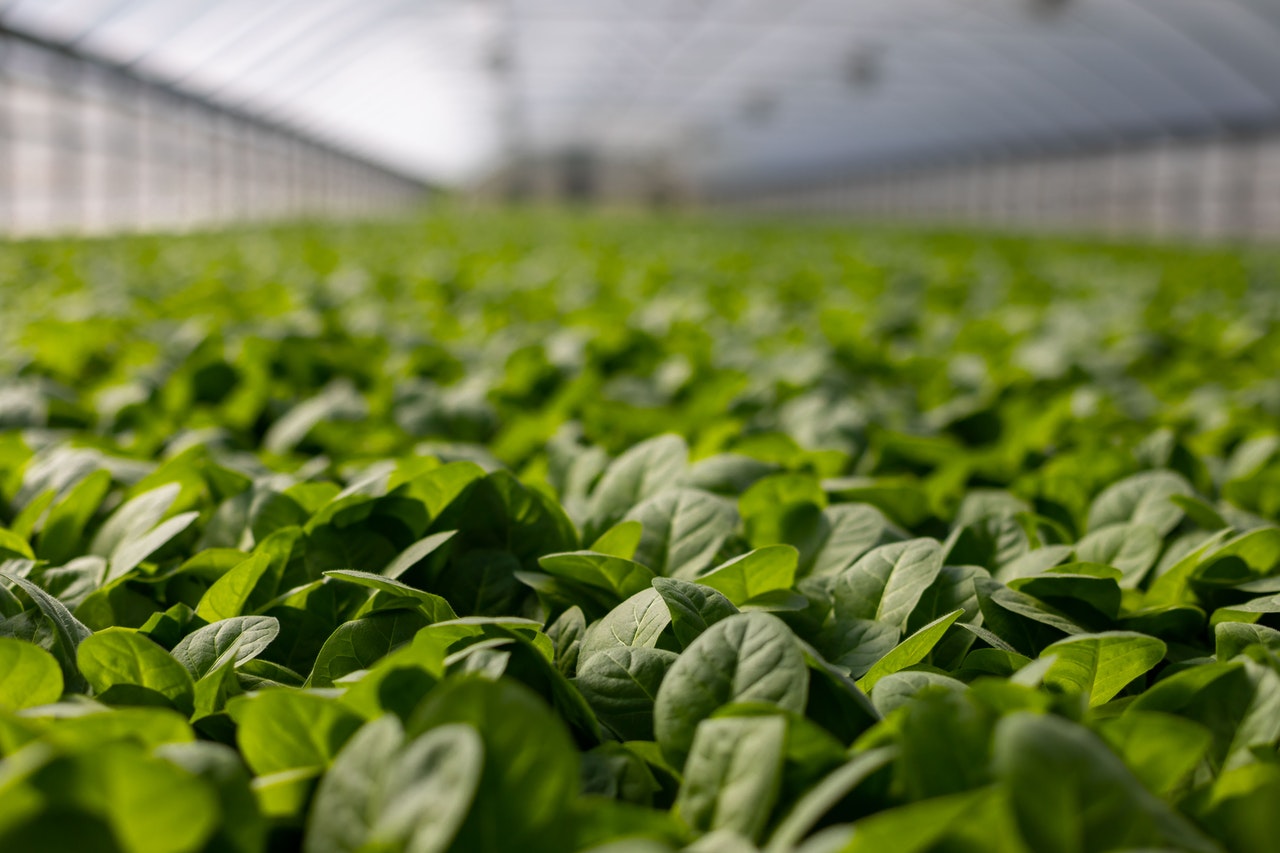
It’s clear scientists work to understand processing and preservation. Researchers in the food science industry also study topics like food additives, flavour chemistry, product development, food engineering, and food packaging. The end goal depends on the job in question. For some food scientists, the desired outcome is learning how to create a frozen meal that tastes delicious and can be warmed up and enjoyed at a moment’s notice. For others, it’s researching and analysing the perfect container for food before it goes to market.
Ultimately, food science integrates all of these broad-based concepts such as microbiology, chemistry, nutrition, and engineering and focuses it specifically on food.
Interested to know more about the food science industry in Ireland? Read about how the food sector is booming.
And if you’re interested in pursuing a food science degree, read more about the careers you’ll qualify for.
The Future of Food Science
The needs and demands of the market constantly evolve. And, so does the need for new product development. This is a fast-growing industry that will continue to expand in the next several years. You’ll find job security and safety within the food science industry if you choose to pursue it.
Ireland’s Booming Food Science Industry
For a small island nation, Ireland punches above its weight in terms of its reputation for quality products and globally recognised brands in the food sector. With the massive success of our dairy and meat industries, the country also teems with companies brewing, baking and manufacturing a wide range of products for both home and export markets.
The food sector remains Ireland’s largest industry and has seen exports grow faster than any of the other main merchandise sectors since the economic downturn in 2008. Exports contributed €11.5bn to the economy in 2016 and the sector is currently, directly and indirectly, employing over 230,000 people with a payroll of €1.8bn in 2016 – the highest payroll within the manufacturing sector. The new agri-food strategy, Food Wise 2025, has set out the ambitions of the sector for the decade and predicts that Ireland can increase the value of exports by 85% to €19bn, push the value added to the sector by 70% to €13bn, and grow the value of primary production by 65% to €10bn.
Worldwide, the industry faces the challenge of feeding the planet more safely and sustainably. The expected increase in demand for food, of 50%, which is predicted by 2030 due to the expected surge in the world’s population by a billion people, requires smarter thinking in all aspects of the industry. The potential in this area presents mouth-watering opportunities for Irish companies. Many Irish businesses are already embracing the challenge and forging ahead with major players such as Greencore, Glanbia and Kerry Foods gearing up to face the demands. Other firms are offering a wealth of ingenious ideas, introducing exciting breakthroughs and innovative ways of protecting and improving the industry.
This innovation is now increasing the demand for education and skills among current and future employees. The demand is not only for food science, production management and quality control but also in the commercial areas of sales and marketing, regulation and global supply chain. With the strong drive to increase Irish exports into existing and new international markets, Irish food companies need graduates and existing employees who have insight into the latest global trends and knowledge of compliance within diverse markets
There are now fantastic opportunities to bring your existing skillset into a fascinating and diverse field with varied career opportunities for food sector management roles, giving excellent long-term employment prospects.
Read more about Ireland’s booming food industry and the opportunities it holds for you.
Why Study Food Science?
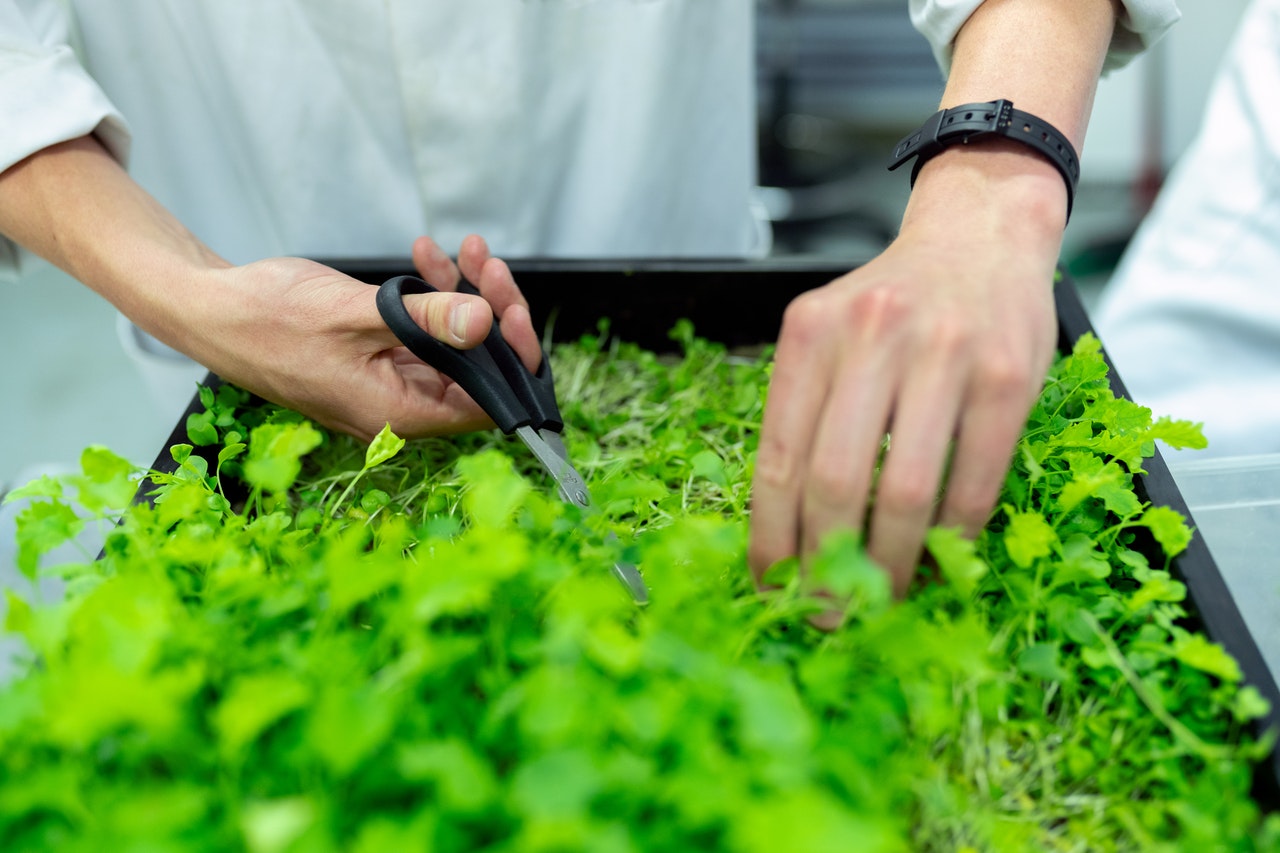
The majority of consumers across the globe walk the aisles of the supermarket and pluck foods off the shelves without another thought. Very few stop to think about how the food products got there. But the reason it’s on the shelf is why food science is so important in the first place.
Why is Food Science Important?
Food science is a fast-growing field, and it comes as a response to the growing social changes taking place across the world. At first, the food and agriculture industry provided primary products like proteins and produce to be prepared at home.
Now, the market demands more sophisticated and convenient products as a result of our ambitious, busy society. But these easy-to-prepare and convenient foods come with problems and challenges that only highly trained scientists can solve. These food scientists need to know the complex biochemistry and chemical makeup of food systems. And they need to know the methods to preserve foods.
The large increase in easy-made foods means there’s a higher demand for food scientists. They’ll continue ensuring the quality, safety, and wholesome nutrition of these packaged meals. Food businesses need to keep up with the competitive market that demands high-quality products. New scientific principles, methods, and technologies are being developed and applied to food manufacturing. That’s exactly why food science is important!
Find out more about how to use a degree in the food science industry.
And check out the careers available to you in the food science industry here.
What Degrees Can You Study?
It’s possible to earn a food science degree in and of itself. However, you can work towards a degree in many different scientific fields. The food science industry looks for candidates who’ve studied biology, chemistry, biochemistry, engineering, or other related fields.
You can continue your education by obtaining certificates in food science or a master’s degree in food science, as well.
If you’re curious about the different avenues you can pursue, here are all our food science and technology courses.
What to Expect from Food Science Courses?
Whether you’re studying for a food science degree, a certificate, or a master’s degree, you’ll need specific training to be ready to solve real-world problems within the food industry. You can expect to take courses such as food microbiology, food analysis, food chemistry, food regulatory affairs, manufacturing process technology, applied math for food science, and the like.
Many of your classes may include labs, where you will spend time working with the scientific process. In doing so, you’ll better understand the relationship between food components. You’ll also receive hands-on experience in these labs regarding how foods react to different preservation and processing methods. No matter what your course curriculum includes, expect a lot of courses related to math and science. And within those courses, you’ll learn how to properly research and analyse different concepts to prepare you for a career in food science.
See what one of Innopharma’s Food Business Management and Technology Graduates, Clodagh Fahy, has to say about her master’s in food science.
What Do Food Science Graduates Do and Earn?
Once you’ve finished a degree in food science, you will take the first steps towards finding the right career for you.
But what does a food science graduate do? And how much does a food scientist earn? It, naturally, depends on the position you take and at which company you choose to work at.
What do food science graduates do?
Food scientists use their degrees to study the basic components of food. They analyse the nutritional makeup of food and research ways to make processed and packaged foods safe and healthy. These food scientists need to conduct research and experiments to improve food products intended to go to market. They also create new food products and develop new and more efficient ways to process and package them.
Food scientists generally work full time either in the laboratory or in an office setting. Depending on the company they work for, some travel may be required. However, it’s not the norm for most food science positions. Some food scientists may spend their day in the field. This often applies to agricultural food scieFntists who travel to local farms to work with farmers who produce primary ingredients.
How much do food science graduates earn?
On average, an entry-level position in food science can expect to earn around €38,000 per year. These entry-level positions include scientists who have worked in the food science industry for 1-4 years. Mid-level food scientists with 5-9 years of experience in the industry earn €49,000 on average. As for senior-level positions in food science, researchers earn €53,000 and upward.
The opportunity to earn a higher salary is available through continued education. Earning a Master’s degree and additional certifications in food science means larger salaries
What Are the Post Graduate Opportunities in Food Science?
Once you have graduated with a bachelor’s degree in food science or a related field, you have plenty of options for your career path. Many food science positions only require a bachelor’s degree. So if it suits you, you can start in the work field right away.
Other businesses may require additional education and training. If that’s the case, you can work towards your master’s degree. You may also consider taking on an internship for a year under a senior food scientist. They’ll be able to provide you with real-world hands-on training in the food science field. You can also take an entry-level position as a food scientist and continue working towards your master’s degree in the field on your off-time.
A Career in Food Science
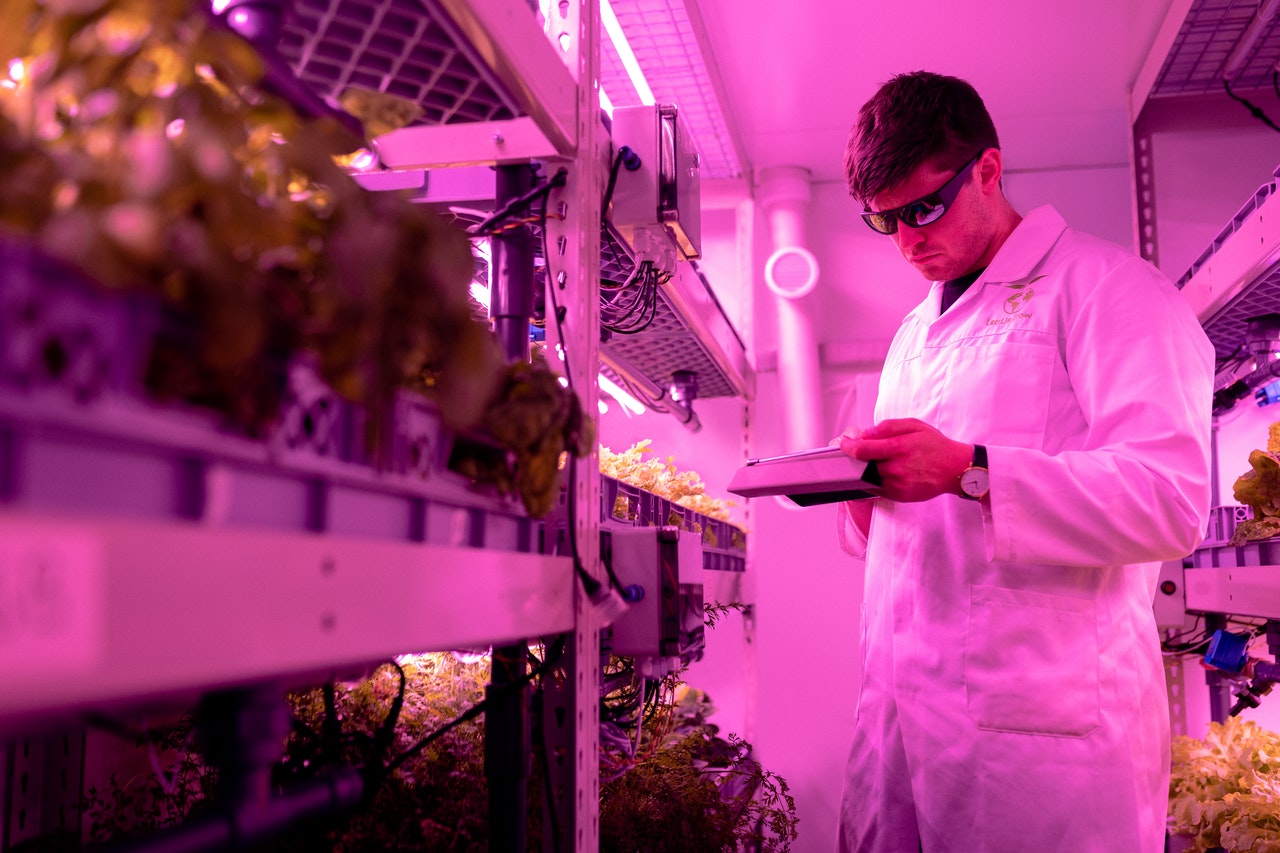
A career in food science is a respectable, lucrative one, no matter which one you pursue. And there are plenty of options to choose from. You can decide to go into a food science job that’s heavy on the science portion, or you can aim to use your food science degree in a marketing or purchasing role. The choice is yours!
What Jobs Can You Get With a Food Science Degree?
Once you have a food science degree, the options are endless when it comes to jobs you’re qualified for.
You can find a food science careers list below. And these are just a handful of the food science careers available:
Food Scientist or Food Science Technician
As a food scientist, your responsibilities may include checking raw ingredients for stability for processing and ensuring food safety, quality, and wholesome nutritional value. You may also work to develop new ways of processing, preserving, and packaging foods.
Product Development
Within product development, individuals work among a production team to develop new recipes using new and existing ingredients. The recipes created may need to meet specific criteria, such as low fat, low sugar, or low carbohydrate recipes.
Purchasing Manager
This food science job is all about buying the proper materials, ingredients, or supplies at the best possible price. You’ll work with a team of buyers to procure items such as the freshest ingredients for a new recipe your business is offering.
Quality Assurance Manager
Those who work in quality assurance work to ensure food products meet safety and nutritional standards based on governmental regulations. They collect and analyse data on the current regulations and procedures and provide solutions on how to improve them.
Toxicologist
If you choose to pursue a career in toxicology, you’ll conduct studies on food to research how different substances and chemicals affect them.
Read more about the careers options in the food science industry.
What Qualifications Do You Need to Work in Food Science?
Food science careers require at least a bachelor’s degree. While it doesn’t need to be in food science to start with, it more than likely needs to be in some related science field. A degree in biochemistry, chemistry, engineering, or even nutrition will be beneficial for a job in food science. If you’re lacking certain credits required to start your career in food science, you can complete certification courses to receive the necessary training.
Many companies and businesses prefer a food scientist who has a master’s degree or multiple certifications under his belt, in addition to a bachelor’s degree. This will ensure the scientist in question is fully prepared to handle the task at hand and all of the problems they’ll face.
Read more about the qualifications you’ll need to work in food science careers.
How to Change Career Paths to Get Into Food Science?
It’s never too late to change career paths to get into food science. But the road may be different for everybody, depending on each individual’s background and experience.
The first thing you’ll need to do is assess your current level of education. If you haven’t completed a bachelor’s degree in any field yet, you’ll need to do so. You can go directly into a food science programme and receive all of the training you’ll need to obtain an entry-level position after you earn your degree.
If you’ve already obtained a degree in a different scientific field such as chemistry, microbiology, engineering, you’ll need to check the credits you’ve taken as a part of your degree. You may choose to continue your education with an emphasis on food science. Working towards a master’s degree is a great way to do so! You’ll receive training that focuses on food science while also complementing the scientific training you received from your bachelor’s degree.
If your degree didn’t require you to take food science courses throughout your programme, you’ll need to do so. This may be the case if you pursued a bachelor’s degree not related to science. You can complete a food science certification that will give you the majority of the training you need to apply for food science positions.
If you’re looking for more information, here’s why you should upskill for the food science industry?
How to Get Started in Studying Food Science?

Does a career in this industry sound like your place to be? Then, you need to take the first steps in studying food science!
Where Can You Study Food Science Courses?
Innopharma offers many courses and programmes in food science. Through these programs, you’ll find your first steps towards a career in the food science industry.
View all of Innopharma’s available food science and technology courses here:
- Level 6 – Certificate in Food Science & Technology
- Level 8 – Degree in Food Science & Technology
- Level 9 – MSc in Food Business Management & Technology
Innopharma’s Certificate in Food Science and Technology
Kickstart your career in the food science and technology industry with this certificate. You’ll take a mixture of food science and manufacturing modules. In this 9-month programme, you’ll gain an in-depth knowledge of the science, processes, and technology of modern high-tech food production.
Innopharma’s Higher Diploma in Food Science and Technology
Throughout an 11-month programme, you’ll continue building your skills to settle into a career in Ireland’s booming food science industry. You’ll take a blend of food science and manufacturing modules to complete the programme. You’ll take classes from food microbiology to food processing operations. All are designed to help you succeed in the food science sector!
Innopharma’s MSc in Food Business Management and Technology
Innopharma’s MSc in Food Business Management and Technology allows science, business and engineering graduates to delve into all aspects of the industry from manufacturing and processing to quality assurance to sales and marketing, product development, supply chain, food law, and much more.
The 12-month programme can be studied part-time to fit in with a busy schedule. Online lectures are given two evenings per week can be accessed at your convenience. Tutorials and hands-on time in a simulated manufacturing environment are two Saturdays a month. Alongside your coursework, Innopharma’s Professional Development Team will individually mentor you to develop the perfect career path for you.
Have We Given You Some Food for Thought?
Contact us to find out more. Visit our food course pages for more information, email admissions@innopharmalabs.com or call us on +353 1 485 3346.



















